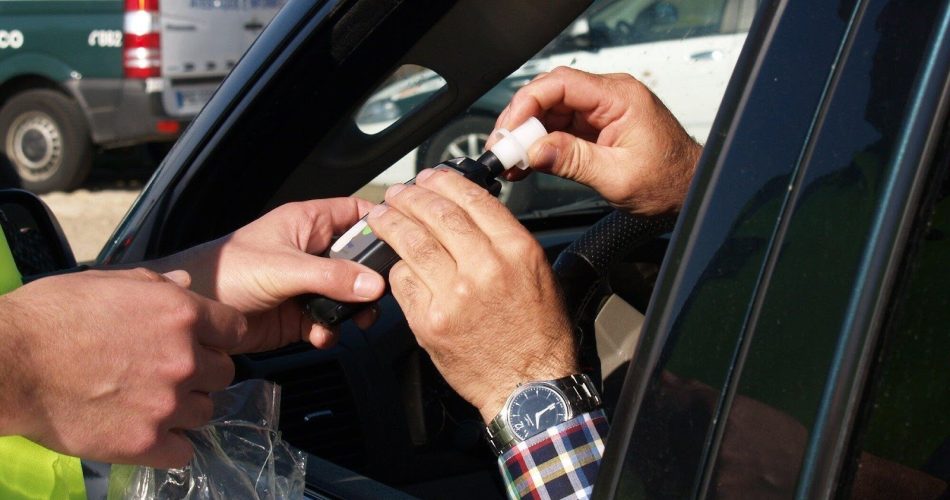What happens after getting caught driving under the influence for the first time? Many drivers think a first DUI isn’t a big deal-until they face the actual legal consequences.
From court costs to losing your license, the process can be stressful and confusing. This blog post will clearly explain what you can expect, including penalties, fines, and more.
By the end, you’ll understand the serious outcomes and how to prepare if you or someone you know is in this situation. Read on!
What Is a DUI?
When someone is driving while drunk, they are getting a DUI. In this case, it means driving while impaired by drugs, alcohol, or both.
A Blood Alcohol Content (BAC) of 0.08% or more is usually enough to get a DUI in most states. Any level, though, can lead to charges if the driver seems to be impaired. If you are charged with DUI, you will be treated as if you were guilty of a crime.
License Suspension
Losing your driver’s license is one of the first things that happens after a DUI. Not passing or refusing a breath test can lead to this suspension even before your court date.
Anywhere from 90 days to a year is common for suspensions. For people with a restricted or hardship license, some states let them drive on certain roads. You may have to pay fees and show proof that you’ve finished DUI programs to get your license back.
Fines and Fees
A first-time DUI often comes with heavy financial penalties. Fines can range from $500 to over $2,000, depending on where the offense occurred.
There are also court costs, administrative fees, and the price of mandatory classes. Some people must also pay for the installation of an ignition interlock device. All of these expenses can add up quickly, making the DUI a costly mistake.
Possible Jail Time
Jail time is a real possibility for first-time offenders. Some states have minimum jail requirements, even if the driver has no prior record.
The time may range from one day to several months, depending on the situation. If there was an accident or a very high BAC, the punishment may be harsher. Judges often look at the case details before deciding whether to send someone to jail.
Probation and Community Service
Instead of jail, many first-time offenders are placed on probation. Probation means the driver must follow strict rules for a certain period, often 6 to 12 months.
During this time, any more legal trouble can lead to more severe punishment. Judges might also order community service hours as part of the sentence. These consequences are designed to discourage repeat offenses while offering a second chance.
Long-Term Effects
A DUI conviction stays on a person’s record for years. This can affect future job opportunities, especially those requiring driving or security clearance.
Car insurance rates also increase significantly after a DUI. Some insurers may even cancel the policy altogether.
Employers, schools, and even landlords may check for criminal records, making life more difficult. DUI penalties in California, for example, often include mandatory education programs and increased insurance premiums.
Understanding the Legal Consequences of a First-Time DUI Offense
Facing a first-time DUI charge is serious and comes with long-lasting effects. From losing your license to paying steep fines, the penalties can affect your daily life and plans.
While jail time may not be guaranteed, the legal and personal consequences can be just as hard. It’s important to take this offense seriously and know your rights and responsibilities.
Did you like this guide? Great! Please browse our website for more!
